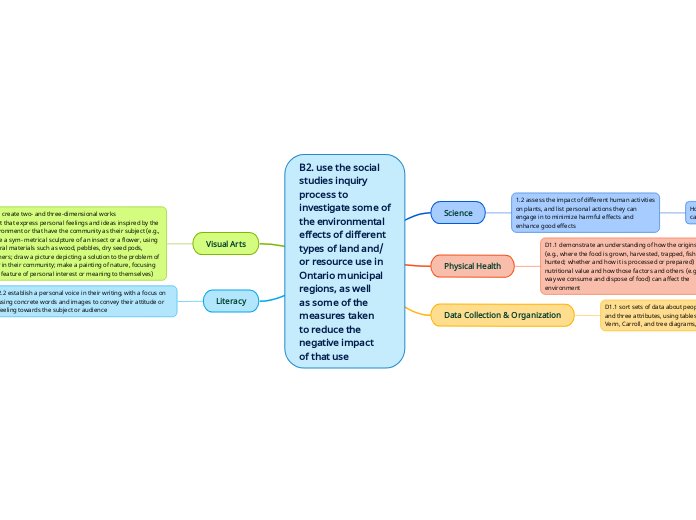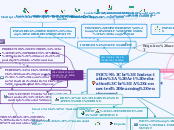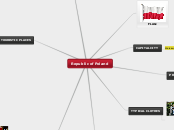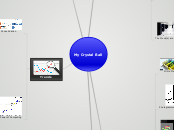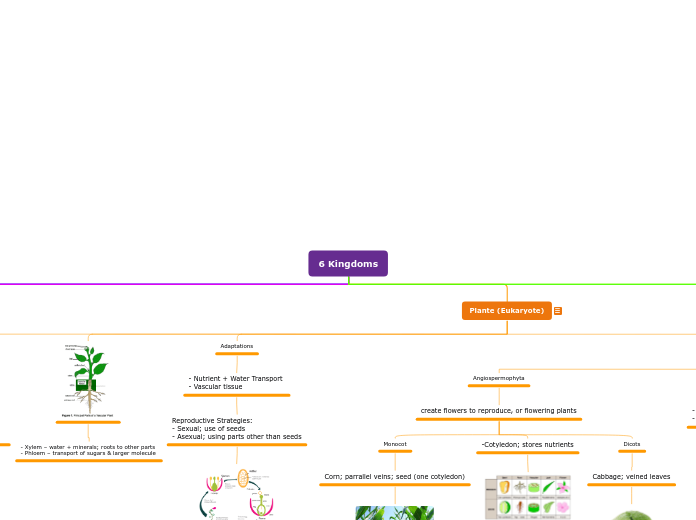によって Rachael Stemmler 3年前.
311
B2. use the social studies inquiry process to investigate some of the environmental effects of different types of land and/ or resource use in Ontario municipal regions, as well as some of the measures taken to reduce the negative impact of that use
The text emphasizes exploring the consequences of land and resource use in Ontario's municipal regions, focusing on how human activities impact plants and the environment. It encourages students to take personal actions to mitigate negative effects while enhancing positive ones.
